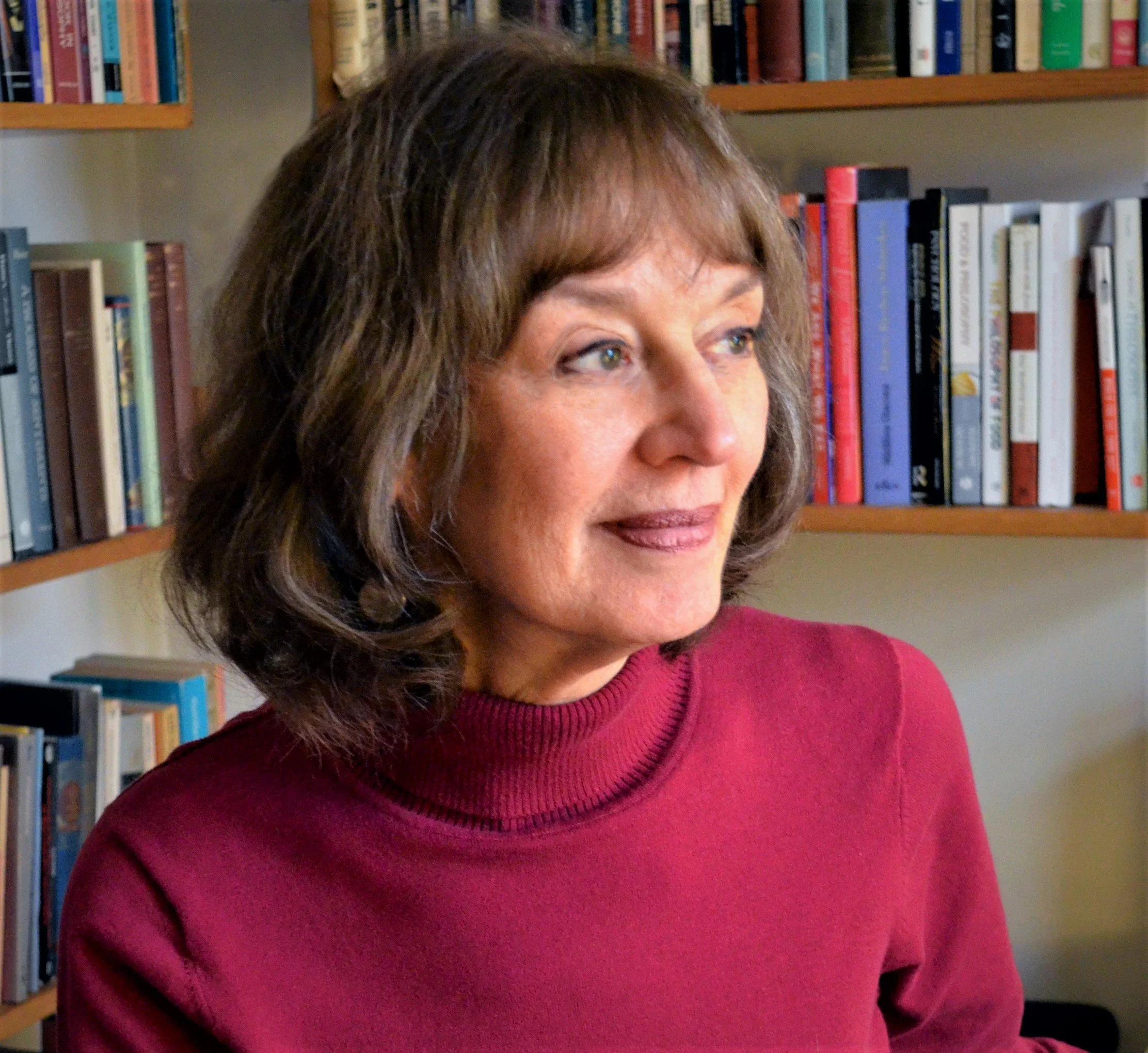Memory’s Kitchen: A Guest Post by Carolyn Korsmeyer
I’m on maternity leave! During this time, a few of my favorite authors offered to step up and write guest posts so that this blog would remain active while I adjust to my new role as a mother. I may also be a bit slower to respond. Thanks for understanding and for being so supportive of me, my family, and my blog. Want to donate a few dollars to keep this blog running or perhaps contribute to my diaper fund? You can do so on Venmo or Paypal.
Memory’s Kitchen: A Guest Post by Carolyn Korsmeyer
I’m writing this just before the winter holidays, a time when many of us take out cookbooks, cake pans, and cookie cutters and start baking treats that have been staples for generations. Old recipes invite us into the past, reviving childhood memories and family gatherings.
Taste memories summon us back in time. Sometimes this happens by chance when we sniff a familiar fragrance in the kitchen or taste a dish we haven’t had in years. (In fact, such an occasion prompts the most famous fictional taste in literature: Marcel’s encounter with the madeleine in Proust’s novel, Swann’s Way.) But what if you are deliberately trying to recreate a taste, that is to produce a flavor beloved in memory but elusive in the present?
For years I have been trying to replicate a cake that my grandmother used to make, a coffee cake that my family called kuchen. Kuchen is just German for cake, and the name is a remnant of immigration two centuries ago. To us, it came to mean just one particular cake. But I was never taught how to make it, and I have only fragments of the recipe—notes dashed casually in my grandmother’s scribbly handwriting. This is probably a familiar situation, for recipes from earlier generations are often lost and regretted too late.
Once, years ago, my mother and I made a valiant attempt to resurrect kuchen. Unfortunately, the bits of the recipe that we had called for massive amounts of flour, much of which was distributed throughout the kitchen before we shoved a weighty lump of dough into the oven. (It should have made four loaves but was so stubbornly gluey that it refused to divide.) What emerged was so remote from the kuchen we both remembered that we didn’t even bother with the topping.
Optimism arose sometime later, when I learned that a second cousin had a recipe that she had gotten from her grandmother, who was my own grandmother’s sister. Since they had been taught to bake by their mutual mother, the recipe ought to be the same, right? Alas, no one had recorded the ingredients or the steps of preparation in quite the same way, and after three generations, something had shifted. I dutifully followed the directions, but the bread that came out of the oven wasn’t quite right. Three tries later—the bread is almost recognizable, but the topping is still pretty far from what I recall, and the whole effort is disappointing. That is to say, even though it tastes fairly good, it isn’t what I remember.
Is the recipe itself not exactly correct? Or is my clumsy technique to blame? Or worse, is this an impossible quest because tasting the past requires that one go back in time? If success requires that I become ten years old again, then my efforts are doomed. Can one resurrect a taste that lingers only in memory? It is a hopeful but hazardous enterprise, and I keep trying.
Carolyn Korsmeyer’s first novel, Charlotte’s Story, was published in 2021. Her second, Little Follies: A Mystery at the Millennium, will be released in January, 2023. She first explored taste in her book Making Sense of Taste: Food and Philosophy.
Memory’s Kitchen: A Guest Post by Carolyn Korsmeyer





